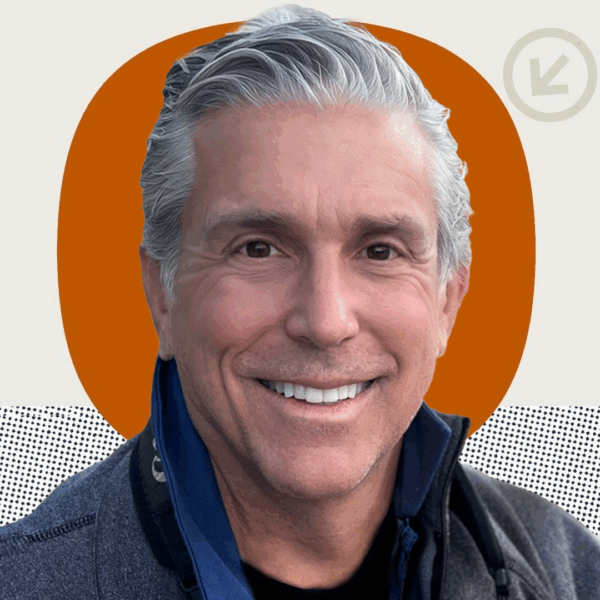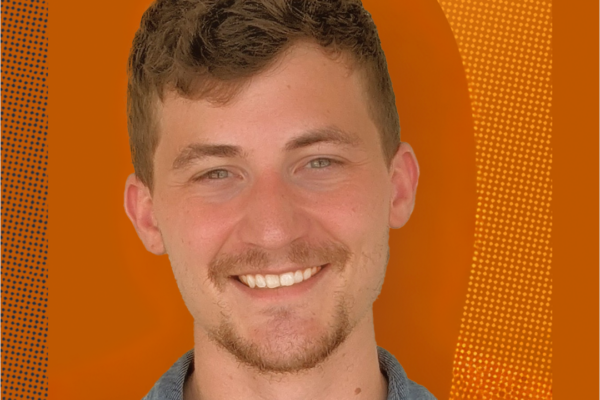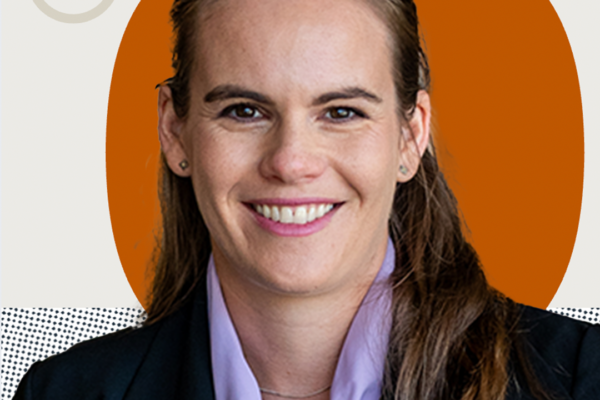Good Grief
We can all help our community when it needs to process grief

By far my worst day as a professional educator was my first class after 9/11. It wasn’t because of my uniquely held emotions. Like everyone, I was shocked, confused, angry, and incredibly sad.
It was because of what I did, or rather, because of what I didn’t do.
I … just … taught. After brief words about the mortifying events we’d all seen, I robotically covered my course material for two undergraduate sections. It was stupid, shameful even. I was working at a university less than 250 miles away from “The City.” We knew we’d lost students, family, alumni, and neighbors in the two towers, even if we didn’t yet have their names. Still, what I thought would be best on that scheduled class day was to concentrate on a task, to ignore the unfathomable horror and shared hurt screaming silently inside my classroom.
I couldn’t have been more wrong.
I had 50 young people in seats in front of me, all away from their families, all suffering greatly, and all trying to understand something that was bigger and uglier than anything they’d ever known. I was in loco parentis. The students needed a leader’s help — in the institution that they’d all chosen to be part of — to deal with their common heartbreak.
Everyone needs that help. Sure, there are different preferences for exactly how to deal with such crushing loss, but social science research has revealed some bedrock principles. And after this summer, with students, family, alumni, and neighbors in Central Texas killed in ravaging floods, it is time we as organizational leaders applied those principles in our community.
Grief is a universal experience of agony from losing something we cared for deeply. The emotional processing that can be stimulated by grief makes it adaptive, allowing recovery and later resilience. Research shows that we, as members of embedding organizations, are able to facilitate that processing, whether it’s for the collective tragedy that happened this summer or a devastating individual loss that might come this fall or further in the future.
Doing so with our students and colleagues and subordinates and, yes, even our bosses requires empathy and not Dave-Level denial. First and foremost, acknowledge the pain. Second, share the emotion. Third, give time and space for sense-making by listening — a lot.
My second class day after 9/11 might have been my best as a professional educator. After my abject failure the session before, we just sat and talked and listened and sometimes wept. Students told stories of where they heard the news, what they watched, who they knew, and especially, how they felt. It was raw, uncomfortable, and necessary. No one left the room; no one complained about not having a “real” class. Many thanked me, even years later.
What prompted my switch in approaches? I remembered when I was 14 and my closest friend died in a car accident. I’d been assigned to be a pallbearer at his funeral, and I was a wounded, wobbly mess. Dad told me: “Buck up, David. Right now you need to be strong.” Mom never disagreed with him in front of anyone, but she understood the goodness of grief. “No, Jim. He needs to cry. He’ll have the whole rest of his life to be strong.” It broke the dam. I cried a raging ocean of tears for what seemed like days, all while she sat there and hurt with me.
Someday I’ll get to see Mom again. I’ll thank her for her wiseness about everything, but especially that. I miss her again today; grief about loved ones never completely goes away.
In the meantime, there are some remarkably good, popular culture treatments of how we can help others process the ache of their grief. One is an episode of (no joke) “Buffy the Vampire Slayer” called “The Body.” Another is quite recent: a “Black Mirror” episode called “Eulogy.” I also recommend the accompanying column by our resident expert on happiness: Raj Raghunathan. He is the perfect person at McCombs to tell us about how grief can be good.

Dr. David A. Harrison
Associate Dean for Research
About this Post
Share:


